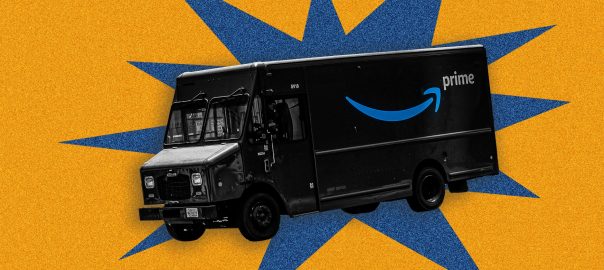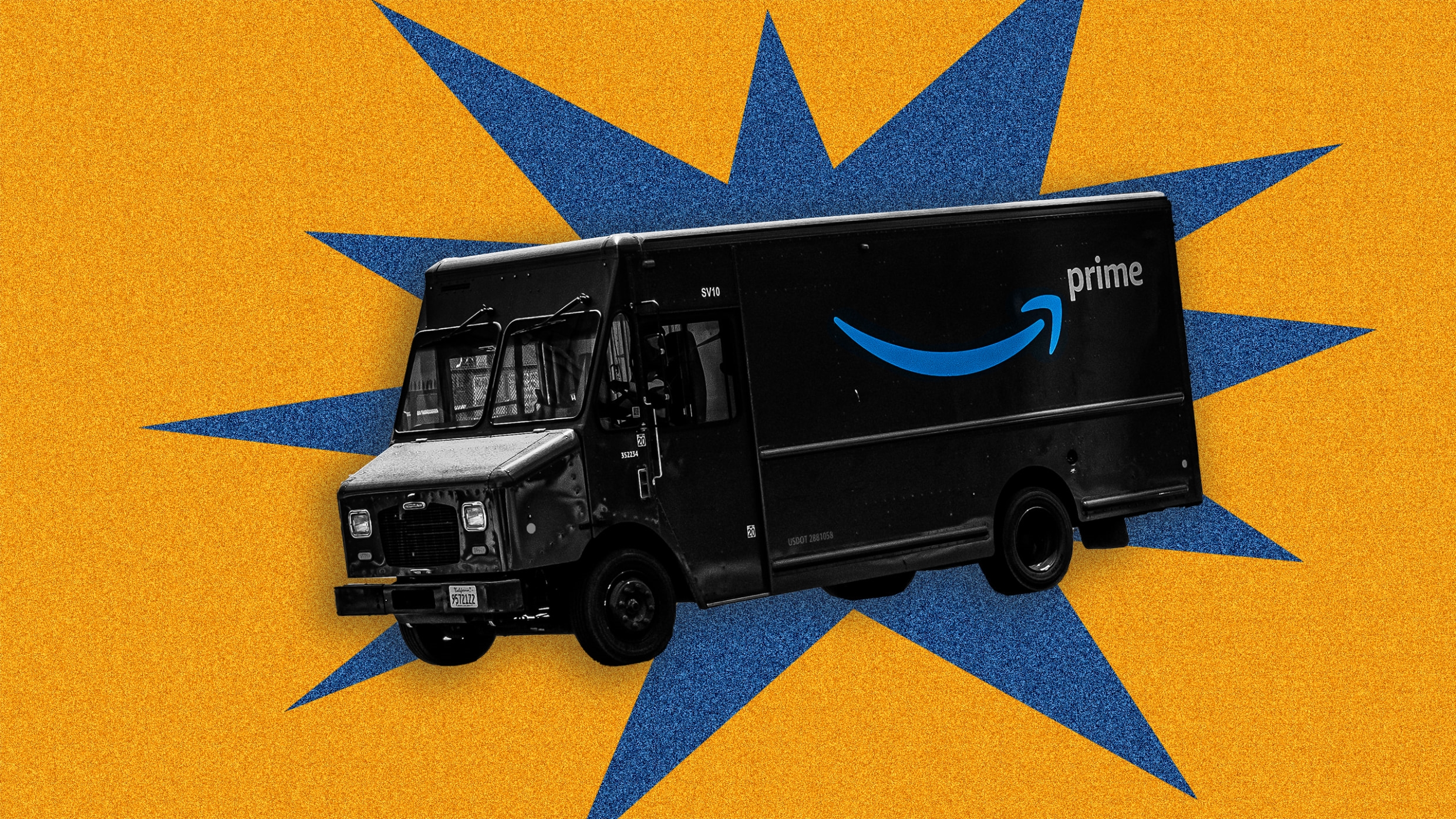The clock is ticking for e-commerce giant Amazon, as the Federal Trade Commission is reportedly preparing an antitrust lawsuit against the online retailer for being too powerful across too many areas.
This week, Politico reported that the FTC could launch a lawsuit against Amazon as early as August that could break up the $1.3 trillion company. Although the suit is still being finalized, it’s likely to focus at least in part on Amazon rules that the FTC says block lower prices on competitors’ platforms, and require sellers to use the retailer’s built-in infrastructure service, Fulfillment By Amazon, to get preferential treatment on the platform.
Amazon currently accounts for nearly 40% of all U.S. retail e-commerce sales in the U.S., according to market research firm Insider Intelligence. “That is of course a long way away from ‘monopoly’ status,” says Dan Barker, an e-commerce expert, “but theoretically the FTC is interested in organizations in the process of ‘acquiring’ monopoly power through what they perceive to be improper means, as well as those who they deem to already have monopoly power, and to be maintaining it unfairly.” (Amazon didn’t respond to Fast Company’s request for comment.)
That could be worrying, the FTC seems to suggest, because of the primacy of Prime delivery services on Amazon. “Issue one was the advantage using Amazon’s own fulfillment systems gave you, and the disadvantage it gave you if you used another fulfillment partner,” says Barker. “As a seller, in order to qualify for your products to be available through Amazon Prime, at one stage you were required to use Amazon’s own fulfillment services.”
Fulfillment By Amazon is a boon for retailers, as it means they don’t have to worry about holding and storing stock, or completing dispatches of deliveries. It’s convenient. But it’s also expensive, with the cut Amazon takes from each sale on its marketplace increasing beyond 50%, according to analysts at Marketplace Pulse, and was something that was, at one point, required in order to be listed as a Prime delivery. “If you didn’t pay Amazon to hold your products in an Amazon facility, and to deliver from there, a large proportion of Amazon shoppers just wouldn’t buy your product, as it wasn’t available for fast, guaranteed reliable delivery,” says Barker.
Fulfillment By Amazon fees have increased by more than 30% since 2020, according to Marketplace Pulse, whose analysts believe that Amazon is essentially asking companies using its platform to pay for an increase in first-party costs.
The company also welcomes sellers buying advertising on the platform in order to promote their products. “I’m not sure the general public are even really aware of this, but the revenue Amazon brings in from advertising is absolutely huge—approaching $40 billion a year, or roughly $5 per person on Earth,” says Barker. “A huge chunk of that money comes from businesses who sell on Amazon literally paying to place links to their products, or ads for their products, in more prominent spots on the site.”
However, not everyone believes that the FTC’s case against Amazon is worth pursuing—at least not solely against Amazon. “Most online marketplaces have a similar policy,” says one e-commerce expert, who asked for anonymity to speak freely. “It just means you end up with a pricing model based on your Amazon pricing—which you would anyway realistically given the proportion of revenue that can come from Amazon.”
It’s the norm that e-commerce platforms will prioritize those who bundle in more of their services. “Channels will always reward you using more of their services, by favoring your brand in listings,” the anonymous expert says. “You get rewarded for using their ads, their logistics, their branding services, and signing up to Prime.”
There are also concerns that the FTC’s approach to competition may have informally changed. “In general, U.S. competition ethos tends to focus around the question ‘Does this benefit the consumer?’” says Barker. “There seems to be greater leniency if the overall outcome is better for the consumer in the end. I think most would agree that—specifically for the retail side of Amazon—the company has brought huge benefits to U.S. consumers overall historically, and indeed to much of the world.”
And Barker worries that in trying to take proactive measures to tame Amazon’s overteeming power in one space, there may be consequences. “Something that does not seem to be taken into account, but that may well become an issue if there is talk of breaking up Amazon, is: What is the cost to the consumer in doing that?” he says.
The unnamed e-commerce expert says that any action against Amazon could have a huge impact on the aggregator space—companies that acquire then scale existing e-commerce brands, improving customer service and quality along the way. “Those businesses are built on Amazon, and basically exist on Amazon functions,” the expert says. “Any kind of big shake up could cause chaos for them in the short term.”
(2)









